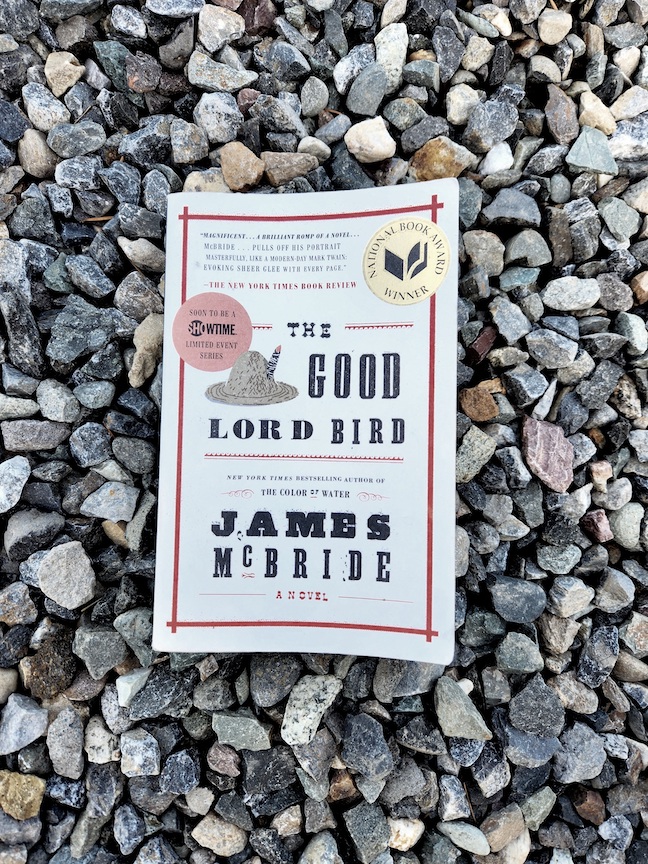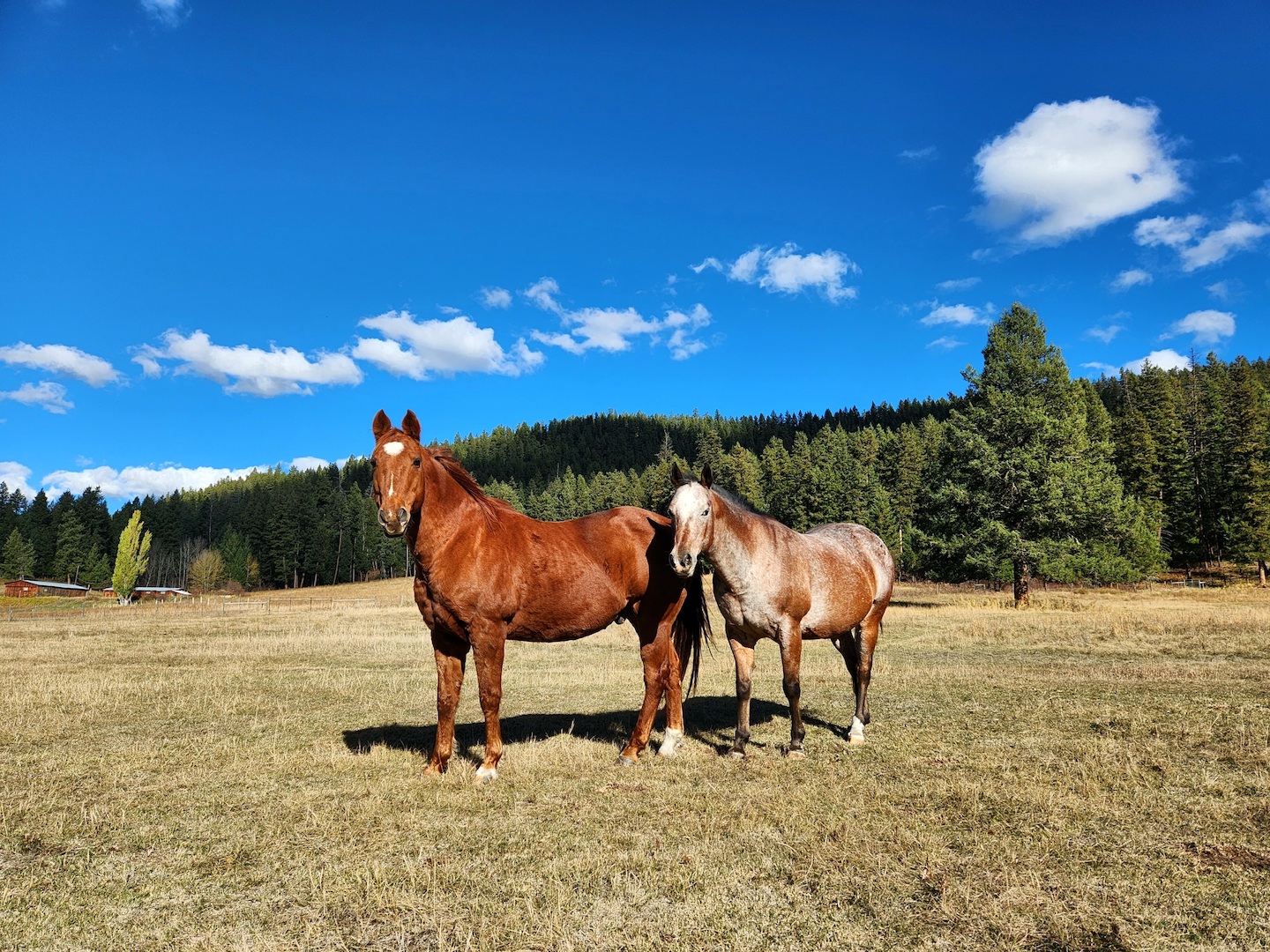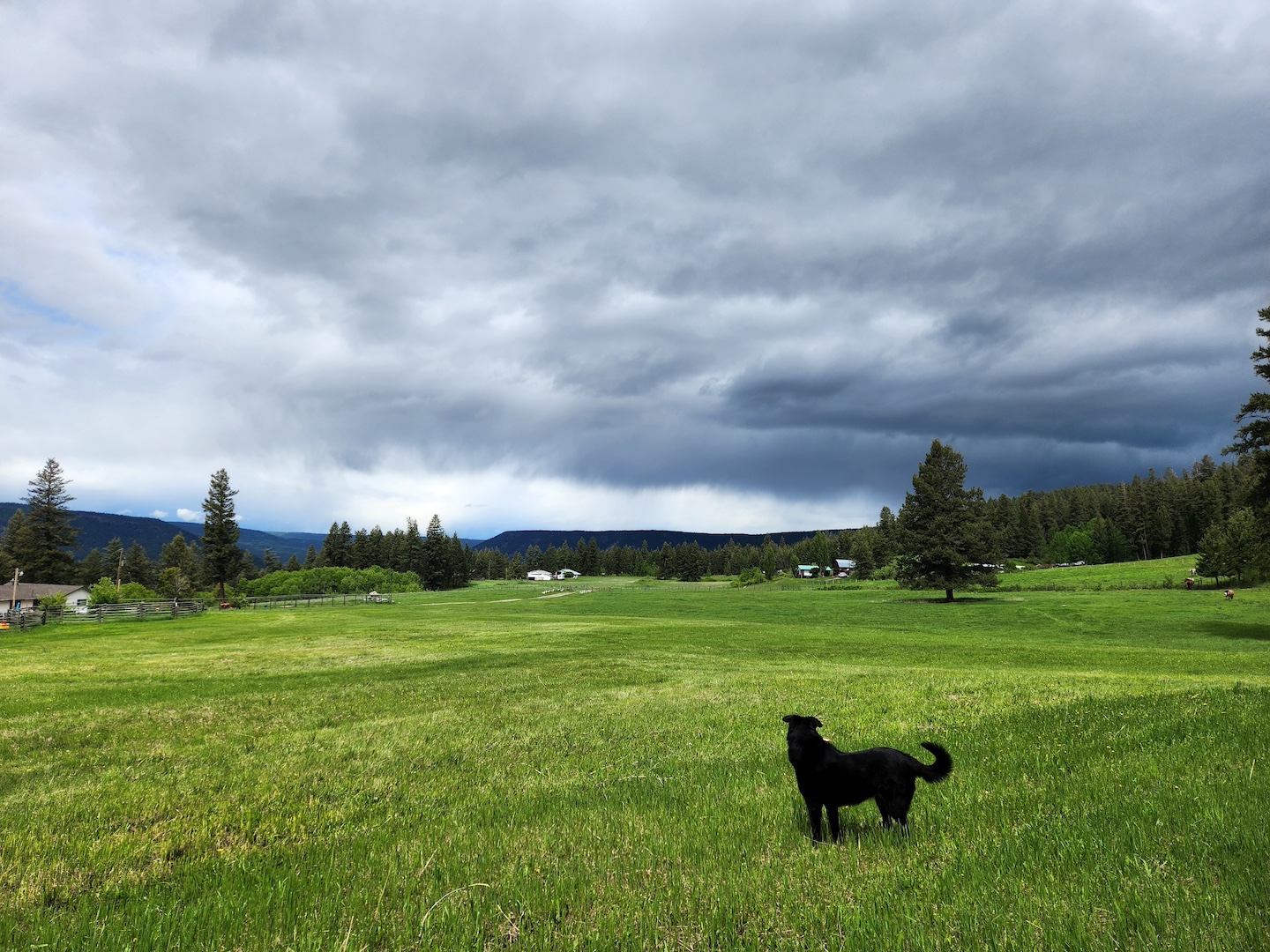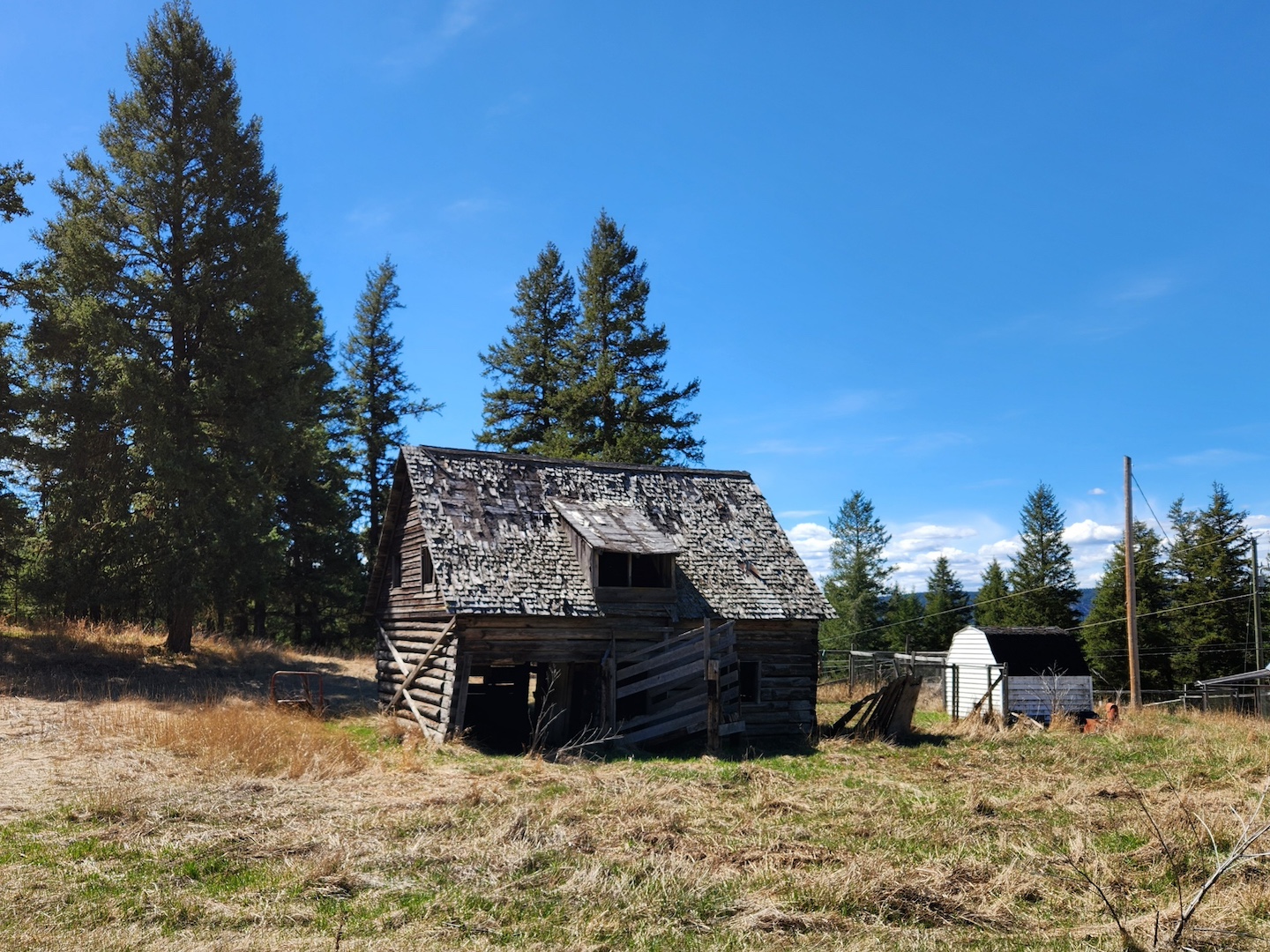Author: James McBride
Published: 2013
Mood: If you’ve been stuck in a rut and feel like nothing ever changes and want to read a book that genuinely surprises you at every turn.
The Good Lord Bird don’t run in a flock. He flies alone. You know why? He’s searching. Looking for the right tree. And when he sees that tree, that dead tree that’s taking all the nutrition and good things from the forest floor. He goes out and he gnaws at it, and he gnaws at it till that thing gets tired and falls down. And the dirt from it raises the other trees. It gives them good things to eat. It makes ’em strong. Gives ’em life. And the circle goes ’round.
John Brown
I’m not entirely sure if The Good Lord Bird belongs on a Western review site, but it’s such a good book that we’re doing this anyway.
Have you ever actually stopped to think about what defines a Western? Probably we all have our own ideas of what’s involved. This makes the waters awfully damn muddy.
Take war movies. The big cowboy icons made tons of them, like John Wayne’s The Alamo, James Stewart’s Shenandoah, and James Coburn’s A Reason to Live, A Reason to Die. Then you have your stories focused on slavery, like Django Unchained and Buck and the Preacher.
These movies take place in the same era as Westerns, and they feature lots of the same themes – horseback chases, outlaws, shootouts, violence, fights over land and people, and racism. The costumes are the same. The sets are the same. Does that make them Westerns?
This book got me thinking about how easy it is, especially as a pasty-white Canadian, to immediately associate EVERYTHING 1800s America with Westerns. But there was a lot more to that place and time than rugged guys on horses.
The Good Lord Bird is a captivating and often hilarious story about several key players and events that sparked the Civil War. It’s definitely worth a read for fans of almost any genre.

The Good Lord Bird is the account of a fictional man called Henry ‘Little Onion’ Shackleford, who was the only Black person to survive abolitionist John Brown’s raid on Harpers Ferry. And he did it by living as a girl – for 17 years.
Young Henry and his father are slaves, working at a tavern. John Brown’s posse comes through town and gets in a fight with the tavern owner. Shots are fired and Henry’s dad is accidentally killed, so John Brown ‘rescues’ Henry and takes him on the trail.
The whole crew thinks Henry is a little girl due to his small stature and feminine features. At first he’s offended, but he quickly figures out that being a girl means he doesn’t have to do physical labour or ride into skirmishes, so he dons a dress and bonnet and just goes with it.
John Brown is feared throughout the South. His gang is made up of dangerous men who kill people (on his orders) in horrific ways. He’s deeply religious, and genuinely believes God is telling him where to go and who to kill (in the name of freeing the slaves, of course). But Brown’s men seem to enjoy any excuse to do murder.
The warpath is NOT the place for a twelve-year-old who’s “allergic to work” and likes warm meals and warm beds. Henry is the absolute last person who should get caught up in spying, raiding, and the Underground Railroad – and that’s what makes it so fun to read.
![]()
The writing in The Good Lord Bird is just *chef’s kiss* wonderful.
Every page is so rich in both narrative and description, you blink and you’ve consumed half the novel. It’s not even really my kind of story; books about war and slavery tend to make me incredibly mad and depressed, and that’s not exactly how I want to spend my last hour before bed each night. But Henry is such an unexpected character, I couldn’t help but ride along.
There are MANY similarities between The Good Lord Bird’s Henry and Little Big Man’s Jack Crabb:
- Both start their respective books as a centenarian on death’s door, recounting their story to a historian
- Both are pint-sized antiheroes, assuming various identities to protect their butts
- They’re both lazy, prone to lying, and flee or hide from any kind of fight
- They frequently get shitfaced
Where Jack Crabb was jaded and disliked most people from all races, Henry’s youthful perspective gives you this enjoyably naive, unfiltered commentary on women, men, white people, Black people, Yankees, Rebs, religious folks, one queer character, and Harriet Tubman.
The language is so authentic and fluid that you’re immediately immersed in 1850s Kansas. I was reading this book on a beach in Mexico, yet barely noticing the balmy air because I believed I was squatting in a dirty, dusty camp in the woods, or a dirty, dusty brothel, or a dirty, dusty hideout (there’s a theme here).
![]()
This isn’t a generic Western serial – The Good Lord Bird is award-winning literary fiction.
Yet it’s so bizarre and funny, even with its constant violence, that you barely notice you’re being quietly educated. You never get that heavy, sad weight that you expect from books about slavery and Bleeding Kansas and religion and war.
As the reader, you’re aware that there’s a lot of good and bad happening all around. But Henry’s voice has you taking it in as if you’re a teenager whose primary concern is finding better meals and living long enough to get with a woman.
Still, you get these poignant passages like this one:
“It made me a bit sad, truth be to tell it, to watch them hundreds of white folks crying for the Negro, for there weren’t hardly ever any Negroes present at most of them gatherings, and them that was there was doodied up and quiet as a mouse. It seemed to me that the whole business of the Negro’s life out there weren’t no different than it was out west, to my mind. It was like a big, long lynching. Everybody got to make a speech about the Negro but the Negro.”
The Good Lord Bird is a surprising book, which is truly hard to accomplish with an oversaturated market and jaded, know-it-all readers like me. It took me this whole review to find the best single word to describe it, but at least I got there eventually.


